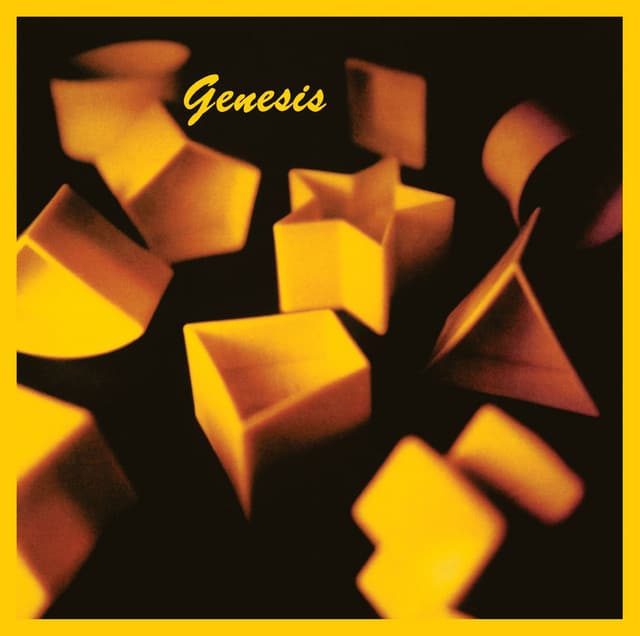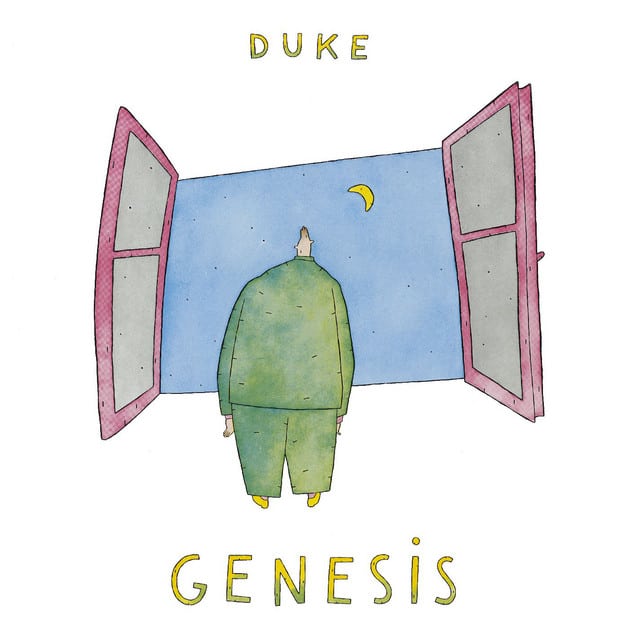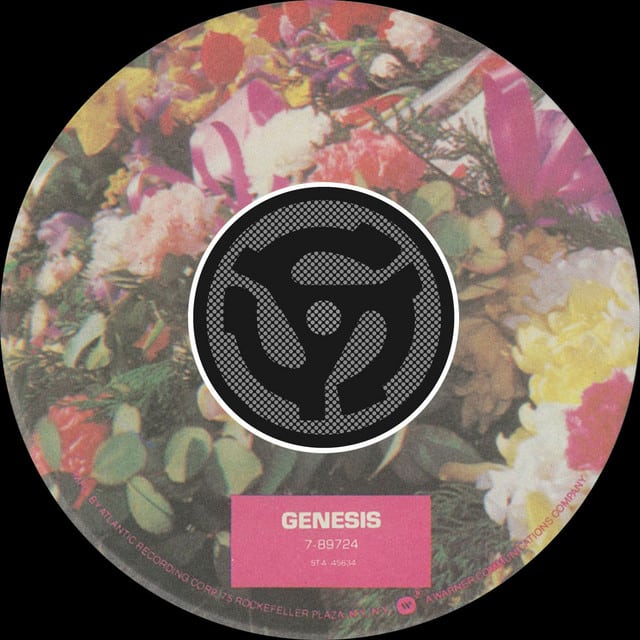Released: 1983
Genesis’s “Mama” from their self-titled 1983 album is a haunting and psychologically charged song, often considered one of the band’s darkest. The lyrics paint a tense picture of longing and desperation, while the soundscape perfectly matches this tone, thanks in large part to Phil Collin’s chilling laughter and the song’s industrial beat. Let’s attempt to dive under the skin of this brooding menace of a track to see the raw beauty of its lyricism.
The song begins with the words “I can’t see you, mama, but I can hardly wait.” This opening verse introduces us to a longing for intimacy, with the city’s heat and steam magnifying the speaker’s desperation. The phrase “can’t brake” is an apt metaphor for spiralling emotions unable to be reined in. The speaker is losing control and is pleading for help, “So say you’ll help me, mama, ’cause it’s getting so hard.”
Despite not being able to “keep” the figure referred to as “mama,” the speaker feels her presence, gleaning lessons and deriving comfort from that perceived proximity. The paradoxical lines, “So get down, down here beside me, Oh, you ain’t going nowhere” attribute an elusive yet persistent character to this “mama.” It’s also a testament to a dysfunctional dynamic that’s addictive yet destructive, which neatly ties into the recurring sentence “But it’s getting so hard.”
The haunting laughter that follows is a chilling scramble of emotions – a monologue without words, if you will. It reflects a mix of desperation, defeat and deranged obsession.
Begging intensifies in the lyrics “Can’t you see me here, mama, Mama, mama, mama, please.” The chorus mirrors the desperation in the verses, but it ups the ante by suggesting that “mama” is “taking away my last chance.” This powerful line represents the speaker’s fear of losing a lifeline.
“It’s hot, too hot for me, mama” takes us back to the verses, where the disturbing dance of yearning continues. The speaker begs mama not to stop – to “make the pain” go away. It’s a peculiar mix of pleasure and pain that’s symptomatic of toxic relationships.
The song ends with a desperate plea – “Don’t go. No, no, don’t go. Mama, mama, don’t go.” This refrain emphasizes the fear of abandonment. The speaker is more frantic as the song progresses, culminating in this final plea against the inevitability of loss.
At its core, “Mama” is a song about obsession and the torment it brings. It beautifully paints a picture of longing and desperation while leaving the identity of “Mama” deliberately ambiguous. As with much of rock music’s best, it’s a murky fusion of pain, passion, and raw human emotion that hits you where it hurts and yet, leaves you coming back for more.






